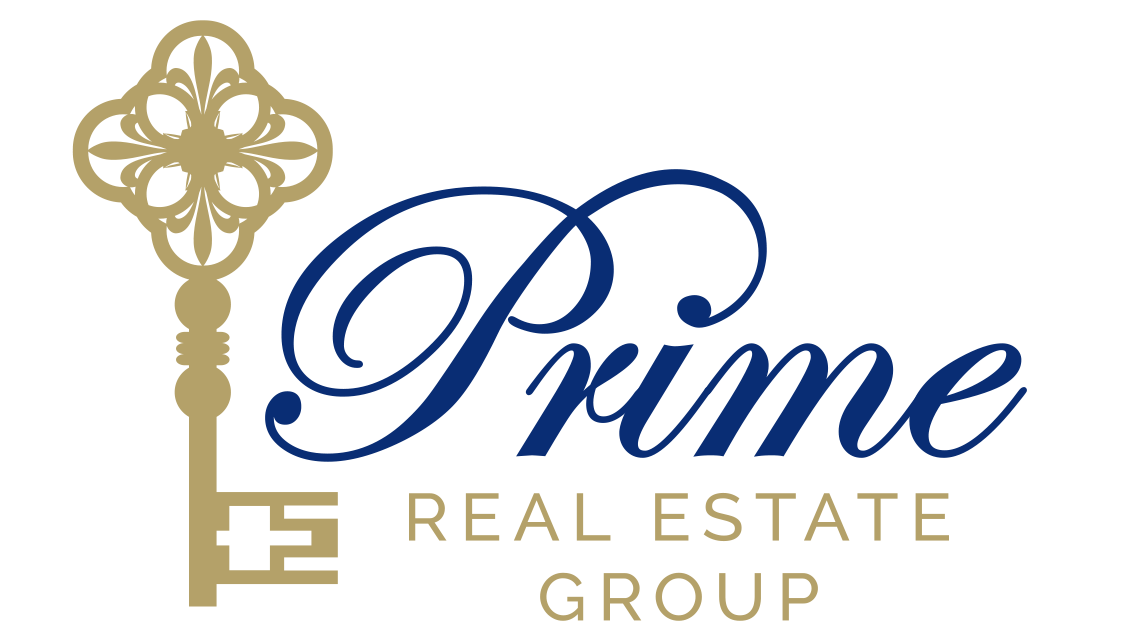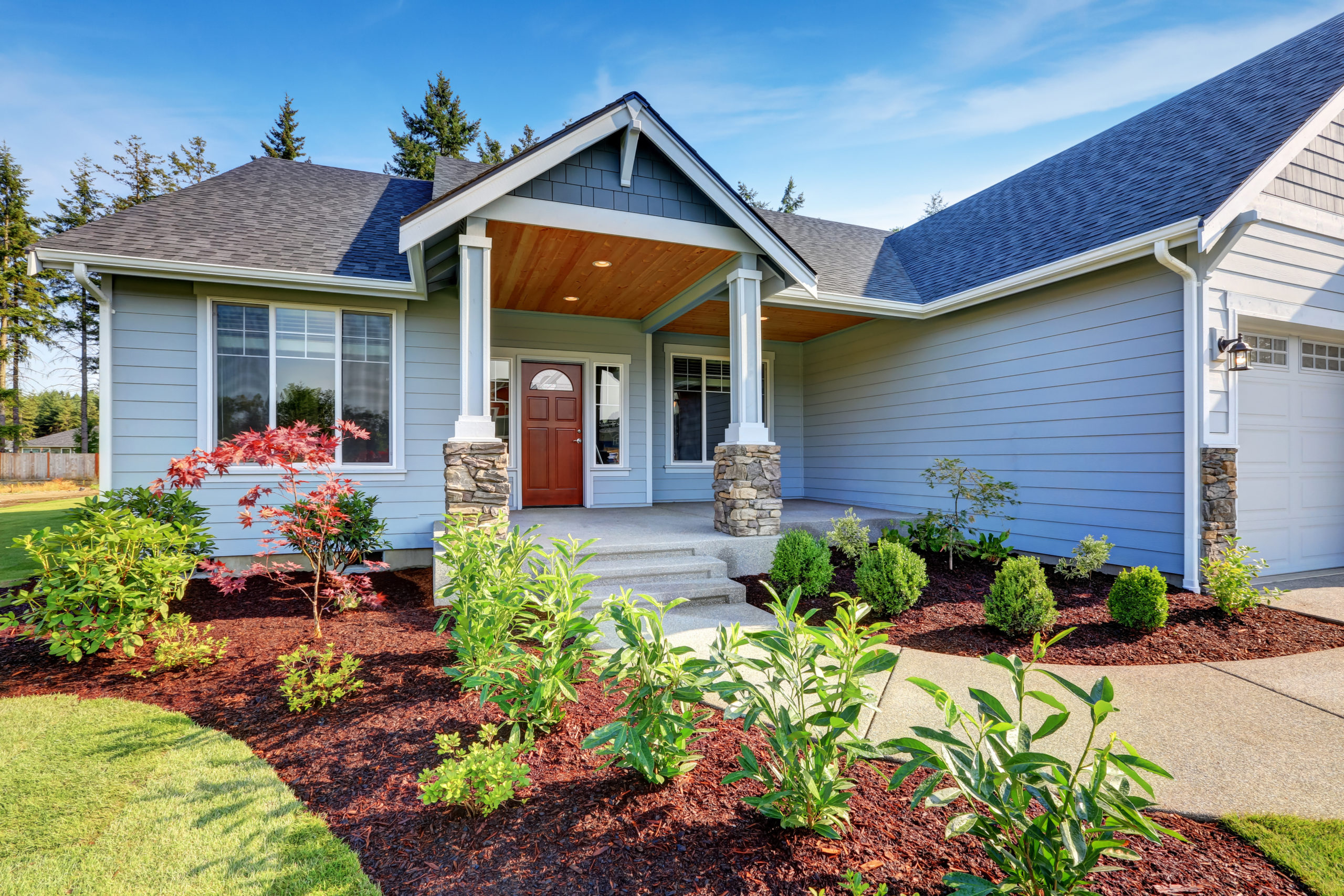New homebuyers often tell their agents that they are looking for their “starter
home.” Several factors go into this approach. These are typically younger buyers,
often without children. They may be looking for a maintenance-free home, like a
condo, or they might assume that starter homes are more budget-friendly. There
are plenty of good reasons to buy a home with the assumption that it’s only for a
few years, but it’s usually wise to consider the fact that it might be for much
longer.
As 2020 demonstrated so clearly, things can change without warning.
Homebuyers choosing a small condo with the intention of living in it for only a few
years might later find themselves trying to carve out space for children due to
employment challenges or market changes. The good news is that many times—
once you add in association fees, taxes, and other costs—an older home that
needs updating could be just as economical as a brand-new condo with all the
latest design features.
When buying your first home, it’s important to consider how you would manage if
you needed to stay longer than expected. An older home might offer a yard
where you could expand, or extra rooms which can become bedrooms. These
options can give you flexibility as your lifestyle changes over the years.
If you buy your first home with the future in mind, you can protect yourself from
the unexpected income changes, real estate price booms, or any other outside
influence. Don’t discount the older fixer-upper simply because you plan to move
in a few years—plans change, and giving this some prior thought can help you
adjust more painlessly in the future.



